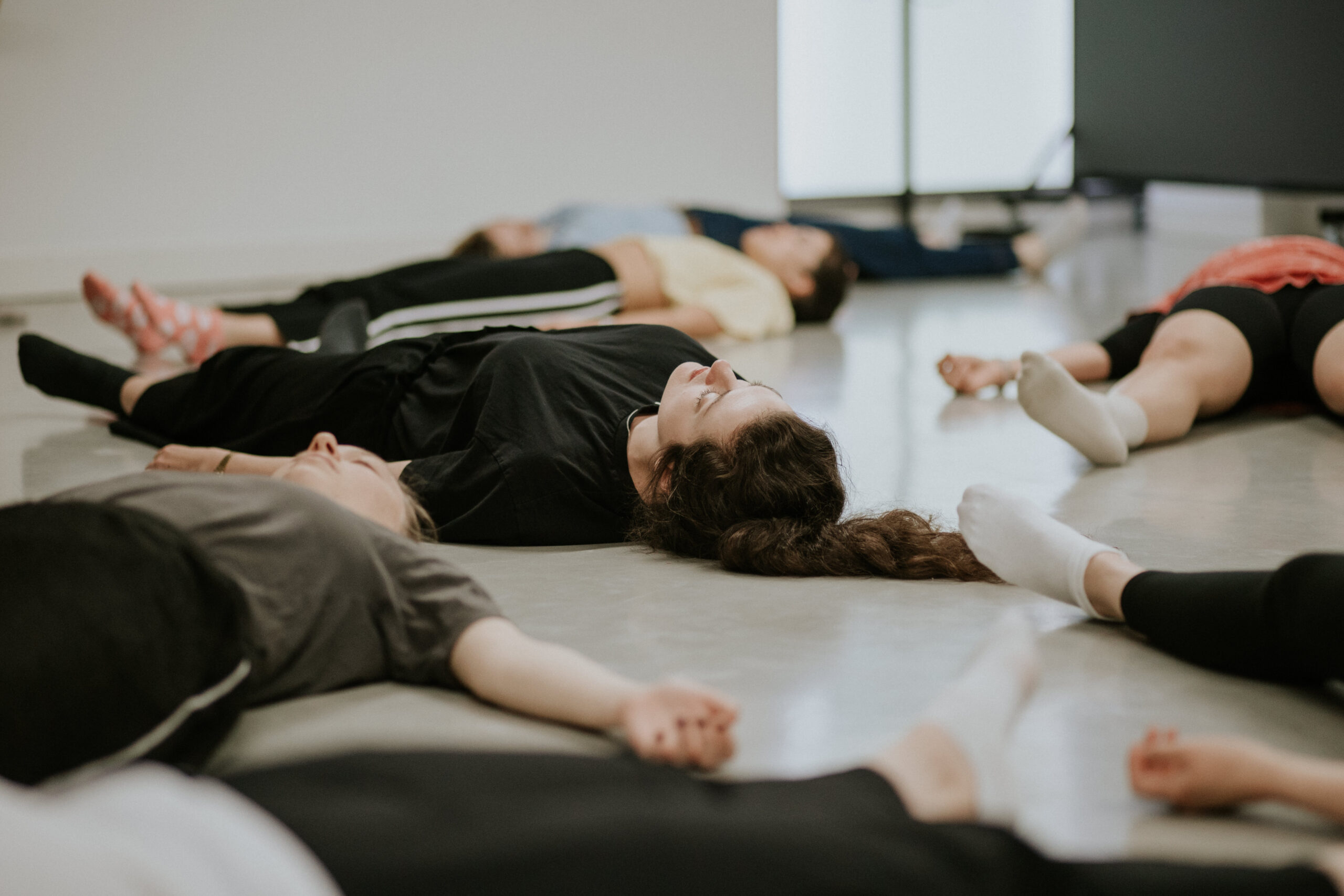Avoid performer burnout with our expert’s guide on recognising stress signs and when to seek help for your mental health.
A question I often get asked is, ‘What actually is burnout?’ Ultimately, burnout is a state of mental, physical and emotional exhaustion that arises from a person being stuck in a chronic state of stress for a prolonged period of time.
Unfortunately, our modern-day lifestyles are not particularly conducive to healthy nervous systems as we constantly battle with challenges such as traumatic news stories, social media and relentless societal pressures to succeed. So, it makes complete sense that we’re seeing a burnout epidemic, as this stress overload is causing our bodies to shut down in an attempt to protect us from doing further damage to ourselves.
Burnout manifests differently for everyone, but some of the most common symptoms can be:
- Exhaustion
- Brain fog and/or difficulty concentrating
- Lack of motivation
- Low moods/depression
- Insomnia or trouble sleeping
- Emotional dysregulation
- Physical symptoms or illness
In the past, I always associated burnout with the workplace as this was the context that it tended to be associated with most frequently. However, through my own recovery journey from a very severe form of burnout, i.e. Chronic Fatigue Syndrome, I would soon discover that it isn’t so much about the job or the work environment we’re in, but rather about how we show up in the world, the coping mechanisms that dictate our behaviours and the states of our autonomic nervous system.
During my recovery, I came to realise that I had set myself up for a perfect storm. I’d been living my life at 100mph for years and putting way too much pressure on myself to ‘do well’. I was a high-achieving perfectionist, constantly pushing myself past my limits. I loved my life in London and my job at a talent agency, however, I was also experiencing crippling anxiety under the surface and had my fair share of unprocessed traumatic incidents. Eventually, it all became too much, and my nervous system simply couldn’t take it anymore.
I wish that I’d known then what I know now before I got so sick, as I truly believe that I wouldn’t have ended up in that place and would’ve been able to help the many actors and performers I spoke to daily, who too were often struggling with their mental health.
So, that is why I am now working in this space. As soon as I was well enough, I trained to become a trauma-informed stress and nervous system coach and one of my biggest missions is to educate and support others to get in touch with their bodies and their intuition so that they won’t end up in the same place that I did.
Awareness is the first step in creating positive change, and when we are working to prevent burnout, the key is that we try to recognise the signs and symptoms as early as possible so that we can then take the appropriate action and tend to ourselves.
Here are 10 questions to ask yourself so that you can start to understand your own unique coping mechanisms:
- Am I pushing myself too hard/trying to do too much?
- Am I putting the needs of others before my own?
- Am I stepping out of my authentic self (to please others)?
- Are my basic needs unmet (eating properly, drinking water, sleeping, etc)?
- Am I feeling more tired or experiencing unexplained symptoms in my body?
- Am I experiencing increased levels of anxiety and/or depression?
- Am I finding it harder to concentrate?
- Am I starting to get more irritated and emotionally dysregulated?
- Am I suppressing my emotions?
- Am I self-medicating with alcohol, food or over-exercising?
If you answered yes to any of these questions, I invite you to pause and explore why this might be happening for you.
Perhaps there are some changes that you could make today that will support your wellbeing and help you return to a more balanced state. This might look like setting some boundaries to protect your energy or exploring how you could improve your sleep hygiene.
Or maybe this might look like reaching out to someone for a chat. Connection is incredibly healing and can help to alleviate some of the burdens that we bear.
If you’re feeling like you need some support, Spotlight members now get access to six free coaching or counselling sessions through Wellbeing in the Arts. You can contact them at support@wellbeinginthearts.org.uk and one of their specially trained advisers will be able to help.
If you work in the creative industries but you’re not a member of Spotlight, you can access sessions with Wellbeing in the Arts from £25 per session.
Other great resources include:
Laura is a Trauma-Informed Stress and Nervous System Coach.
Laura helps people who are experiencing challenges such as anxiety, chronic symptoms and the effects of trauma to reconnect with the wisdom of their body and emotions so that they can cultivate balance, learn to self-regulate and build resilience to stress.
Prior to starting her business, Laura worked in a couple of different talent agenciesHaving worked closely with performers, she completely understands and empathises with the challenges that can be faced, and that is why she feels so passionate about bringing her work into this space.
Alongside working with her 1-1 clients, Laura works as a Wellbeing Practitioner on productions, supporting casts and crews with their mental health and to develop powerful tools & practices which can help them to navigate any challenges they may face.
More information about Laura can be found on her website: www.lfwcoaching.com or on her Instagram page: @lfwcoaching.
If you would like to contact Laura about her work or with any questions you might have, then please email her on laura@lfwcoaching.com.





